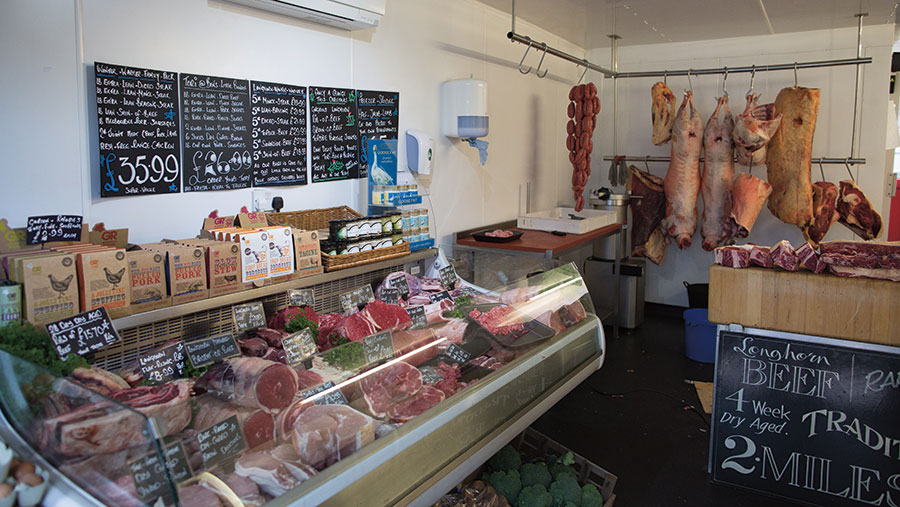Q&A: Business rate valuations appeal process explained
 © Tim Scrivener
© Tim Scrivener Farmers and landowners considering mounting a challenge to their 2017 business rates valuation will be doing so under a reformed appeals system.
Edward Crabtree of Savills’ rating team explains the key points of the expected changes and what’s involved in the appeals process.
Why is the appeals process for business rate valuations being reformed?
The government is trying to reduce the number of unnecessary appeals, while streamlining the process for small businesses.
There are more than 300,000 outstanding appeals.
 Edward Crabtree
Edward CrabtreeSavills
What is meant by the “Check, Challenge, Appeal” approach?
Check, Challenge, Appeal is the new three-stage appeal system.
Under this new system, ratepayers need to complete each stage before moving on to the next.
The idea being that many simple queries can be dealt with at an early stage without having to progress to a full appeal.
See also: Huge rates rise for marts and rural businesses
How long could each stage take and what’s involved?
Check is where factual information is confirmed by the ratepayer such as “have the valuation office (VO) adopted the correct floor area?”
The VO will aim to respond within three months to the check stage, however, more complicated issues could take up to 12 months.
The ratepayer then has four months to move to the challenge stage, which the VO has 18 months to respond to.
Challenge is where the ratepayer submits their opinion of rateable value based on the rental value of the property as at the 1 April 2015.
This is the final time that evidence can be submitted and therefore the most crucial.
Should these two stages be completed without an agreeable resolution, a ratepayer can make an appeal to the Valuation Tribunal.
We believe there will be a fee charged at this stage of between £100 and £300, although this should be refunded for successful appeals.
What do the changes mean in practice?
Our concern is the new system will increase the burden on a business to provide evidence at the offset, meaning that many small, unrepresented rate payers lose out on their opportunity to appeal through technicalities.
In addition to this, it is likely to significantly lengthen the already laborious process.
On what grounds can a valuation be challenged?
There are other rights of appeal including where there has been physical change, or a property should be shown as more than one assessment, where there are temporary disturbances to a property or if the value does not represent a realistic rental figure as of the 1 April 2015.
The best advice at this stage is to contact a rating specialist to discuss.
Do you have to pay the full amount while an appeal is going through?
Yes. You have to pay and then any reduction as a result of your appeal will be reflected in your bill and where necessary will result in a rebate.
Are there any transitional arrangements to ease the pain?
In England, there will be transitional arrangements to phase in any large increases or decreases in liability. Details of the caps will vary dependent on the size of your property.
This does not apply to Wales or Scotland.
Are there any potential downsides of mounting a challenge?
Stating incorrect information at the check stage could lead to a fine of up to £500.
If your property has been under assessed by the VO, a challenge will increase the probability of them rectifying this.
However, both of these issues can be easily avoided by engaging with a reputable rating surveyor.
How much could it cost?
In 90% of cases, the surveyor’s fee is usually based on a percentage of the saving that can be achieved on the ratepayer’s behalf.
In essence, a no-win, no-fee arrangement.
